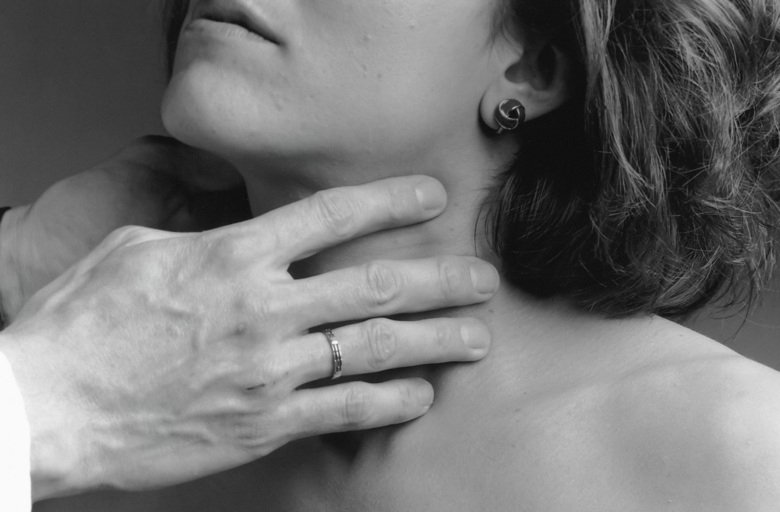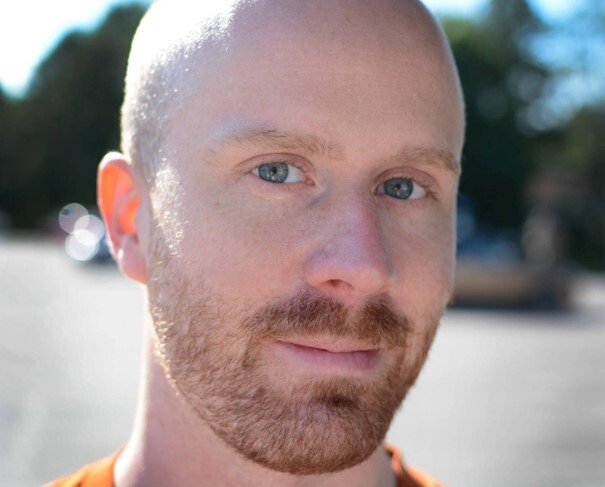New thesis on avidity markers in thyroid cancer

Joachim Nilsson at the research group Endocrine Surgery, the Department of Molecular Medicine and Surgery, will defend his thesis "Avidity-guided radionuclide therapy for thyroid cancer" on September 30, 2022. Main Supervisor is Catharina Ihre Lundgren.

What's the main focus of your thesis?
The thesis investigates which thyroid cancers retain their ability to accumulate iodine - which is used in treating thyroid cancers with targetted radionuclide therapy. The treatment uses radioactive iodine and can kill metastases effectively if the cancer cells have high enough avidity. Today, the treatment is often given with radioactivity dosage determined by the tumour size and extent of metasasis (according to TNM-staging). The thesis aims to expand the knowledge of which metastases are iodine avid, which will better predict treatment response. This can enable better adaptive treatment to each patient.
Which are the most important results?
We have developed and validated a unique way of estimating iodine avidity in surgical specimens. Analyses of the quantitative data collected in this thesis have found some new and confirmed other markers of iodine avidity. The thesis has shown that histological, immunohistochemical and genetic analysis of surgical specimen can predict poor treatment response from radioiodine therapy. These markers have been shown to better reflect avidity than TNM-staging, which is the current basis of dosage in most treatment guidelines.
How can this new knowledge contribute to the improvement of people's health?
For patients with tumours that are likely to accumulate less iodine, the dosage could be adapted and increased. This may increase the treatment effect of those patients. It is also likely that a lower dosage in patients with excellent avidity would result in equal tumour control, but lower the risk of side effects.
The results can also be used to identify patients that are most likely to respond to new treatments. Some new treatments have shown an ability to redifferentiate tumours and temporarily increase iodine avidity. This may help increase efficacy of treatment in patients with advanced disease.
What are your future ambitions?
I will continue to work clinically as a physicist at the Nuclear Medicine Department in Solna. I am involved in several projects on radionuclide therapy outside the scope of the thesis and aim to do further research in thyroid cancer and other areas.
Dissertation
Friday September 30, 2022 at 09:00, venue Rehabsalen alt online via zoom
